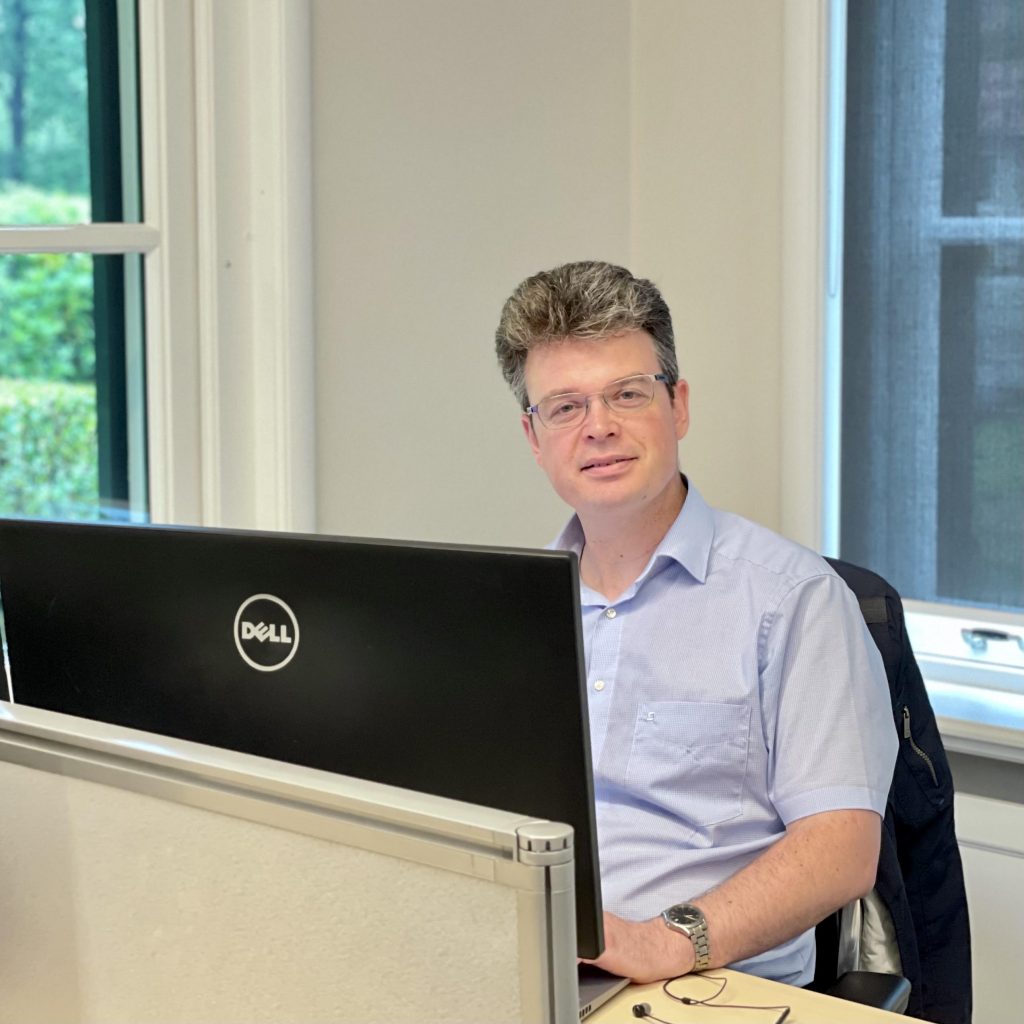Part one: Hendrik-Jan van Dalfsen – Technical Architect / Service Manager.
With more than 10 years of experience at Vanenburg, Hendrik-Jan van Dalfsen is a long-time member of the Vanenburg family. After successfully finishing Mechanical Engineering at the University of Twente, Hendrik-Jan started working at the Vlastuin Group for 10 years. In 2011 he switched to Vanenburg and has been part of our team ever since.
With experience in application management, application development, software development, and as a technical architect (amongst other things), there’s reason enough to get to know him a little bit better!

Profile Hendrik-Jan van Dalfsen
Educational background:
Mechanical Engineering @ Universiteit Twente
Previous working experience:
Vlastuin Group, 2001 – 2011
Certificates
VB.Net
MSSQL
Cordys Process Factory
Cordys BOP4
Google Cloud Platform fundamentals – core infrastructure
ThinkWise
What do you do on a daily basis at Vanenburg?
I work as a senior software developer, at this moment I am working on two customer projects. Both projects are related to low-code software development. At one project, we are making use of the Wavemaker platform and with the other customer, we use the platform of Thinkwise.
Next to that, I am involved in the application management of a couple of internal apps in the Vanenburg organization, which are Jira and AFAS.
Can you tell us more about your work experience in general?
Before joining Vanenburg, I worked for close to 10 years at Vlastuin, a leading high-tech supplier in the metal industry, which develops, produces, and assembles metal components. Throughout the years, I have been involved in product development, internal sales, planning, purchasing, and managing the work preparation.
Slowly I started to move to the IT part of the organization, being involved in the selection process of a CAD software package and ERP package. The search for an ERP package that was suitable to our needs, resulted in the management’s decision to create a custom ERP package, which I helped develop.
Why did you choose to work at Vanenburg and what do you enjoy most?
At my previous job, I started to get involved in software development and got the chance to contribute to building a custom ERP system. This gave me a lot of passion and job fulfillment. The downside I found was that it was mainly internally focused. The day-to-day activities were focused around 1 company while developing innovative software can give operational benefits to many organizations.
Vanenburg gave me the opportunity to work with and for other companies. Instead of focussing on one company, I can be part of multiple organizations, learn from different environments, and contribute to different companies at the same time. Things you learn from one company environment can be applied to another; meanwhile, this gives a boost to my working experience, having the privilege to have a look behind the scenes in different organizations.
How is the communication between the offices in India and the Netherlands?
At Vanenburg, we closely collaborate between our +/- 25 colleagues in The Netherlands and +/- 95 in India. At the start, this was new to me. There are quite some subtle cultural differences between India and The Netherlands. For instance, we as Dutch people are direct and outspoken, compared to other cultures. Also sometimes it is difficult to explain Dutch-specific customer challenges in the Indian context. You learn a lot from these cultural differences.
Close collaboration also leads to long-lasting work relationships with colleagues; for example, Srithar Kandasamy and myself have worked together for over 4 years now.
Vanenburg is an innovative player in the software world. What distinguishes Vanenburg from its competitors?
Vanenburg distinguishes itself by focusing on open-source, Java-oriented software where possible, which gives the customer the luxury of not being dependent on one software supplier. This results in fewer license costs for the customer. Another differentiating factor is that we are a company with Dutch roots but at the same time with an experienced team in India. That gives a unique Dutch/Indian company culture.
Last but not least, our focus on simplicity is something that stands out. A good example of this is the way Rappit Developer, our rapid application development tooling, has been developed.
What’s Vanenburg’s culture like in your view?
At Vanenburg we highly rely on teamwork to meet our customers’ demands. When on a customer project, you can always rely on the combined expertise of other colleagues. For example recently, while working on a certain customer project, I reached out several times to 2 other colleagues, asking them how they dealt with a similar challenge at the customer project they were working on.
Next to that, at Vanenburg there is a true learning culture where there is always a possibility to develop yourself.
What customer projects are you involved in?
Currently, my working week has been divided into two projects for customers:
At Verhoek Europe, an international logistics company, we are implementing an order management system, making use of the Thinkwise low-code platform. My contribution to this project is my experience with Thinkwise software, ERP systems in general, and SQL experience. Also, having previously worked at a metal company, it helps that I can relate to the trucks, terminal tractors, and containers; for example, the type of chassis they use was built by my previous employer.
The other project I’m currently working on is for Maqqie. Together with them, Vanenburg is building a 100% digital platform that functions as the primary solution for planning and administering the work, including the payment of salaries and taking all social security aspects into account. With that, they are aiming to become one of the largest Dutch employers in a few years. I am currently developing hour registration, collective agreement, and payroll processing features in their mobile application.
At this customer, I have been involved in the project from the very beginning. It is great to see that, a couple of years later, our work enables them to fulfill their dream to be a disruptor in the Dutch labor market.
What are the most important skills/expertise required for your job?
Programming knowledge (Java) is obviously a basic requirement to do the job. My personal expertise is on the database side, which is necessary for the project of the customer Verhoek where I’m currently working, working with the Thinkwise platform that is SQL oriented.
Next to that, it is crucial to quickly understand the customer’s wishes and translate them into IT solutions that are standardized and scalable.
What do you like most about that/those project(s)?
The huge performance improvements that can be done for a customer, are really what keeps me going.
For example at the project for Maqqie: as Maqqie is growing, payslips used to be done manually as the numbers did not pass several hundreds of payslips per week. This process normally took 20 to 30 seconds per payslip. As the number of payslips Maqqie is processing increases very rapidly, the query to generate a payslip, delayed by 5 – 10 seconds per payslip. Recently, Maqqie had a week with 5 times the average number of payslips needed to be processed through their system. This resulted in 4.5 hours of generation of these payslips, where it was planned in 1.5 hours. In the last couple of weeks, we have made great performance improvements, by writing queries that didn’t take 9 seconds, but 0.06 seconds per payslip to process, which is a 150x improvement.
Last week, the processing of payslips took less than 20 minutes!
Interested to become our colleague? Check our vacancies.

